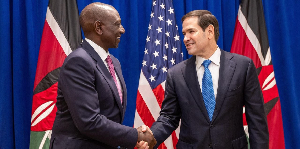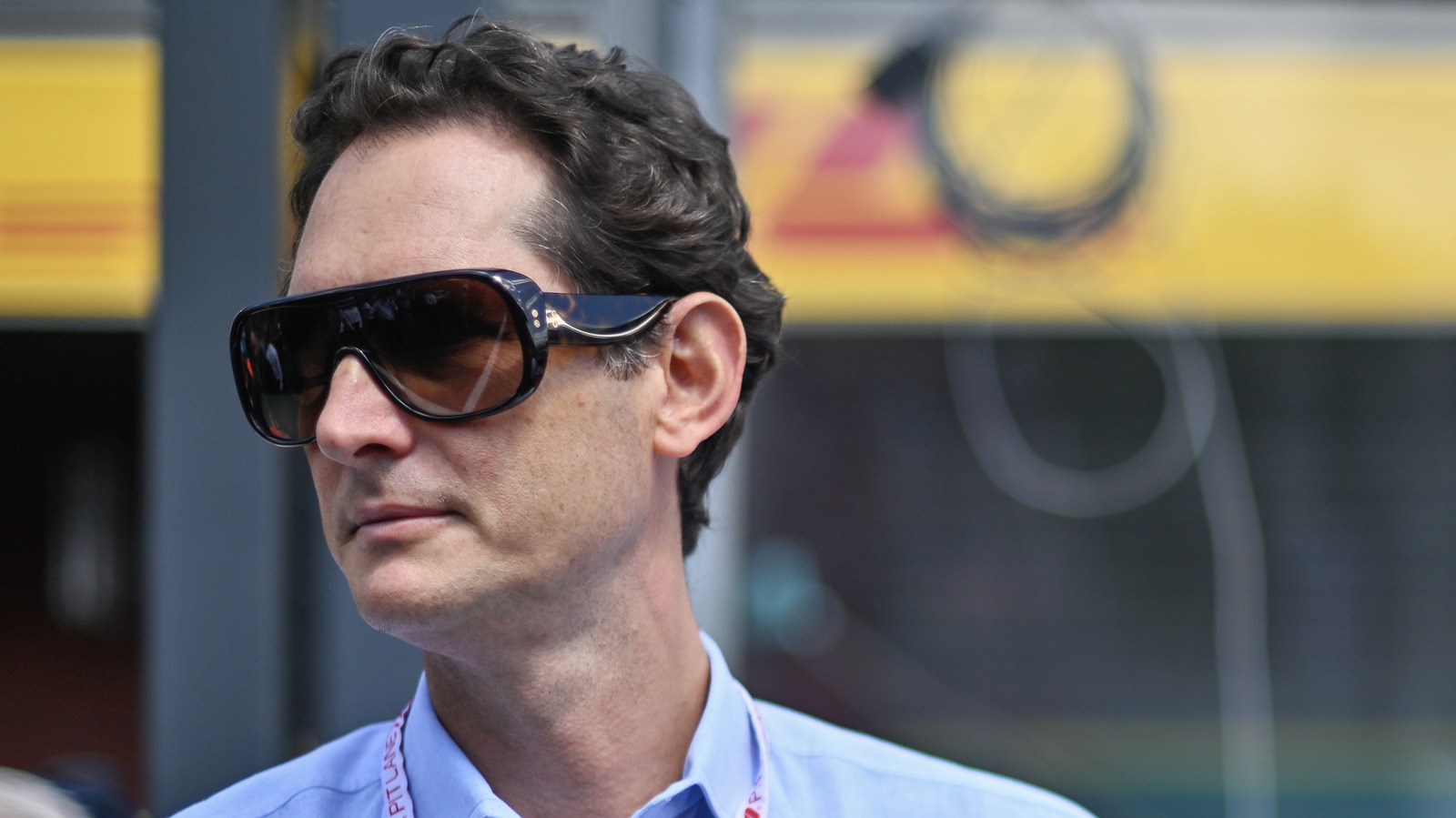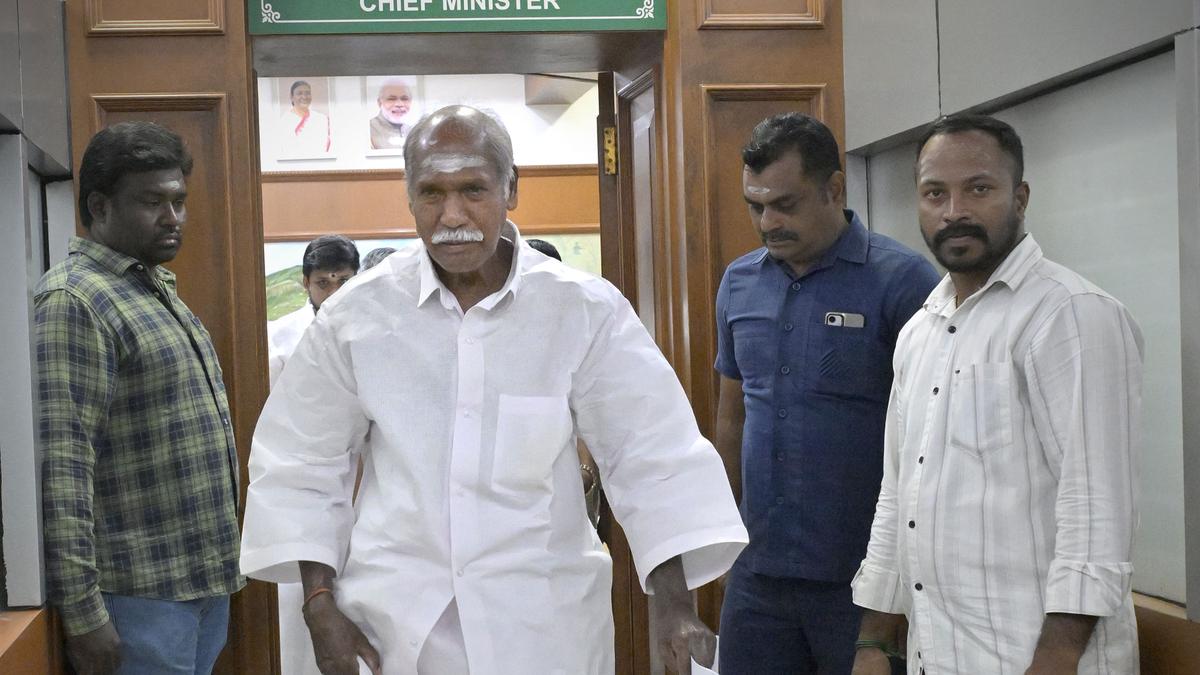By Ghana News
Copyright ghanamma

Kenyan officials this week met US counterparts and investors on the sidelines of the United Nations General Assembly (Unga80) summit in New York City to seek a post-Agoa deal that would secure Kenya’s exports to the American market.
Cabinet Secretary for Investments, Trade and Industry, Lee Kinyanjui, held talks with US Trade Representative Jamieson Greer and later chaired a textile and apparel roundtable, where he pitched Kenya’s skilled workforce, reliable production, and preferential access to the US market, touting the country as a “trusted partner.”
“We are committed to a vibrant and sustainable textile and apparel sector, anchored on policy reforms, stable investment conditions, and strategic market access,” Mr Kinyanjui told American investors.
He and officials from the EPZ Authority, Gatsby Africa, and KenInvest also met top US apparel buyers, including Steve Lamar, President of the American Apparel & Footwear Association (AAFA).
“We explored how Kenya can leverage AAFA’s network of over 350 members and thousands of global brands to expand and diversify sourcing opportunities from Kenya,” said KenInvest’s John Mwendwa.
“Our discussion highlighted the critical need for trade continuity. Sustaining and growing our trade partnerships is essential for creating jobs, strengthening supply chains, and unlocking long-term value for both US buyers and Kenyan producers,” he added.
Kenya joined South Africa and other African countries in lobbying for renewal and extension of the duty-free African Growth and Opportunity Act (AGOA).
President William Ruto met US Secretary of State Marco Rubio to push for a five-year extension of Agoa. He also raised the possibility of signing a bilateral trade deal with the US before the end of the year to cushion Kenyan exporters.
“We are asking the US to seriously consider renewing and extending Agoa for at least five years because it is a platform that connects Africa and the US in a very fundamental way. It can go a long way in addressing trade deficits and challenges that exist at the moment. We believe that Agoa gives both Africa and the US the best chance to expand and deepen trade,” he said.
“Our Trade Minister is here and we expect to sign a deal before the end of 2025.”
Later, at the US-Kenya Business and Investment Roundtable, President Ruto urged American investors to take advantage of Kenya’s long-standing trade ties with the US.
“Kenya is now the sixth-largest economy in Africa and was recently upgraded by Standard & Poor’s from B- to B, a clear signal of strong macroeconomic fundamentals,” he said.
He added that diaspora remittances hit $5.1 billion in 2024, while pension assets grew to $18 billion, creating a pool of long-term capital.
More than 66,000 workers employed in Agoa-accredited apparel firms face uncertainty over their livelihoods due to the programme’s looming expiry.
The loss of Agoa would expose Kenyan exports to stiff competition, threaten 66,804 direct jobs and more than 100,000 indirect jobs in the apparel industry, and endanger the livelihoods of hundreds of thousands of dependents. Over 100 product tariff lines would be affected.
Manufacturers in Kenya’s EPZ have warned of steep tariff hikes if Agoa lapses, compounded by Trump-era tariffs. For instance, tariffs on synthetic textiles could surge from 10 percent to 43 percent.
“Today, we are at 0 percent under AGOA plus 10 percent tariff (Trump’s tariffs). But effective 1 October, we are not sure what taxes or tariffs we will face. Maybe it will be between 32 percent and 40 percent,” said Jas Bedi, chairman of the Kenya Private Sector Alliance and owner of Bedi Investments Limited in Nakuru, a leading exporter of clothing to the US under Agoa.
Bedi employs over 2,000 factory workers and supports 16,000 cotton farmers.
Soko EPZ CEO Joanna Maiden warned that uncertainty over tariffs could weaken Kenya’s position as a leading textile and clothing exporter.
“It has a real impact on potential growth, with brands now reluctant to look at Kenya as an option. With high production costs and additional tariffs, it’s easier for buyers to source elsewhere,” Ms Maiden said.
“Every fashion brand is now trying to figure out what to do next. The concern is that everyone is pausing and waiting to see what happens with the Agoa expiry.”
South African President Cyril Ramaphosa also sounded the alarm at the UNGA80 and the SA-US trade and investment dialogue in New York, warning that AGOA’s expiry would undermine hard-won gains and cut access to the Generalized System of Preferences, a critical tool for exporters.
“In South Africa, it has supported jobs from auto assembly plants to farms to high-tech manufacturing hubs,” Mr Ramaphosa said.



